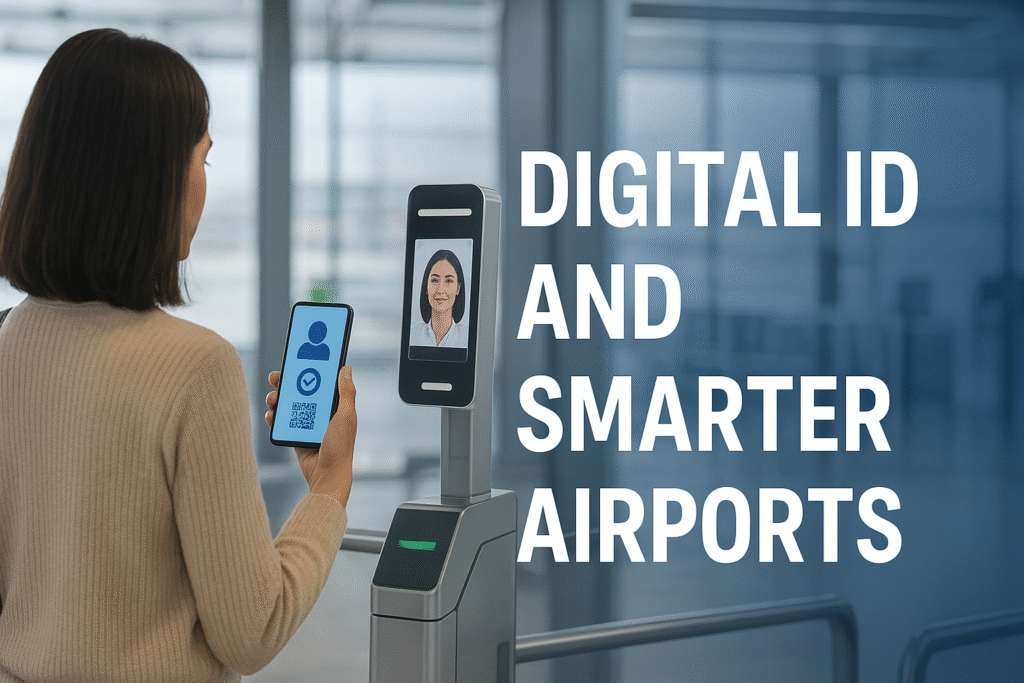
Quantum computing has long been described as the next technological revolution. For decades, it existed mostly in theory and specialized research labs. Today, that’s changing—quantum cloud computing is moving from experimental platforms to the commercial marketplace. Companies worldwide are beginning to offer Quantum-as-a-Service (QaaS), enabling organizations to access powerful quantum resources remotely without needing their own expensive, cryogenically cooled quantum hardware.
This marks a turning point in the technology industry, opening the doors to new applications in cryptography, pharmaceuticals, finance, logistics, and artificial intelligence. In this article, we’ll explore what commercial quantum cloud computing means, which companies are leading the way, and how businesses can benefit from this groundbreaking innovation.
What Is Quantum Cloud Computing?
Traditional computing relies on bits, represented by 0s and 1s, to perform calculations. Quantum computing, on the other hand, uses qubits—units that can represent 0 and 1 simultaneously through quantum superposition. This allows quantum computers to solve highly complex problems exponentially faster than classical systems.
But building and maintaining a quantum computer is costly and extremely complex. They require:
- Cryogenic cooling to near absolute zero temperatures.
- Isolation from electromagnetic interference.
- Specialized maintenance and expertise.
For most organizations, owning a quantum computer is impractical. Quantum cloud computing solves this problem. It allows users to rent quantum computing power over the cloud, much like how Amazon Web Services or Microsoft Azure provide classical cloud infrastructure.
Why Now? The Shift Toward Commercial Quantum Services
For years, quantum research was confined to universities and specialized labs. But recent breakthroughs in qubit stability, error correction, and quantum algorithms have made the technology viable enough for early commercial use.
The commercial rollout is driven by:
- Technological Maturity – Improved error rates and scalable architectures.
- Cloud Infrastructure – Integration of quantum backends into familiar cloud environments.
- Enterprise Demand – Industries seeking competitive advantages in optimization and data analysis.
- Strategic Investment – Governments and private sectors investing billions in quantum development.
These factors have accelerated the timeline for delivering real-world quantum services.
Leading Providers of Quantum Cloud Services
Several tech giants and startups are pioneering Quantum-as-a-Service platforms. Here are some of the most significant players:
1. IBM Quantum
IBM was one of the earliest companies to offer cloud-based access to quantum computers through IBM Quantum Experience. Their platform allows researchers and businesses to run quantum algorithms on real hardware and simulators. IBM also provides Qiskit, an open-source quantum programming framework.
2. Google Quantum AI
Google’s quantum division gained global attention in 2019 when it claimed to achieve quantum supremacy—performing a calculation impossible for classical computers in a reasonable timeframe. Google is now working on cloud-based quantum access, integrated into its broader Google Cloud ecosystem.
3. Microsoft Azure Quantum
Microsoft has positioned itself as a major player by offering Azure Quantum, a full ecosystem that combines quantum hardware providers, simulators, and development tools. It is designed to integrate seamlessly into existing cloud services for enterprises.
4. Amazon Braket
Amazon launched Braket, a fully managed quantum computing service on AWS. It provides access to quantum hardware from multiple vendors, giving developers flexibility to experiment with different architectures.
5. D-Wave Systems
Unlike universal quantum computers, D-Wave focuses on quantum annealing, a type of quantum computing well-suited for optimization problems. Its Leap cloud service is already being used by companies in logistics, AI, and supply chain management.
6. Startups and Innovators
Firms like Rigetti Computing, IonQ, and Xanadu are also pushing commercial quantum services, often partnering with cloud providers to expand their reach.
Applications of Quantum Cloud Computing
Although quantum computing is still in its early stages, industries are already experimenting with real-world use cases through cloud access:
- Finance – Risk modeling, fraud detection, and portfolio optimization.
- Pharmaceuticals – Molecular simulations for drug discovery.
- Logistics – Optimizing supply chain routes and reducing operational costs.
- Artificial Intelligence – Enhancing machine learning models with quantum algorithms.
- Cybersecurity – Exploring quantum-safe encryption and cryptographic analysis.
- Energy – Improving renewable energy grids and predicting energy consumption patterns.
Quantum cloud computing lowers the entry barrier, allowing startups, research institutions, and corporations to explore these applications without massive infrastructure investments.
Challenges Ahead
Despite the promise, commercial quantum cloud computing still faces challenges:
- Error Correction: Qubits are fragile and prone to decoherence.
- Scalability: Building systems with thousands of reliable qubits remains a major hurdle.
- Cost: Cloud services are more affordable than owning hardware, but quantum computation is still expensive.
- Skills Gap: Developers need specialized knowledge in quantum programming languages.
- Security: Quantum networks and data transmission require new safeguards.
These obstacles mean that quantum cloud services are best suited for experimentation and research today, rather than widespread commercial deployment.
The Future of Quantum Cloud Services
Experts believe we are entering the NISQ era (Noisy Intermediate-Scale Quantum), where quantum machines with tens to hundreds of qubits can solve limited but valuable problems. While full-scale fault-tolerant quantum computers may still be years away, cloud-based access ensures that organizations can prepare now.
Looking ahead:
- Hybrid Computing Models: Combining classical and quantum systems for maximum efficiency.
- Quantum Machine Learning: Leveraging quantum capabilities to enhance AI models.
- Quantum-Safe Cryptography: Developing new security protocols to protect against future quantum attacks.
- Wider Accessibility: As costs fall, more businesses will experiment with quantum services.
Conclusion
The launch of the first commercial quantum cloud services represents a milestone in technology. It transforms quantum computing from a laboratory curiosity into a tool that businesses, researchers, and developers can access from anywhere in the world.
While challenges remain, the potential impact on industries such as finance, healthcare, logistics, and cybersecurity is enormous. By adopting quantum cloud platforms early, organizations can position themselves at the forefront of the next computing revolution.
Quantum-as-a-Service is not just a glimpse into the future—it’s a technology available today, reshaping how we think about problem-solving on a global scale.





